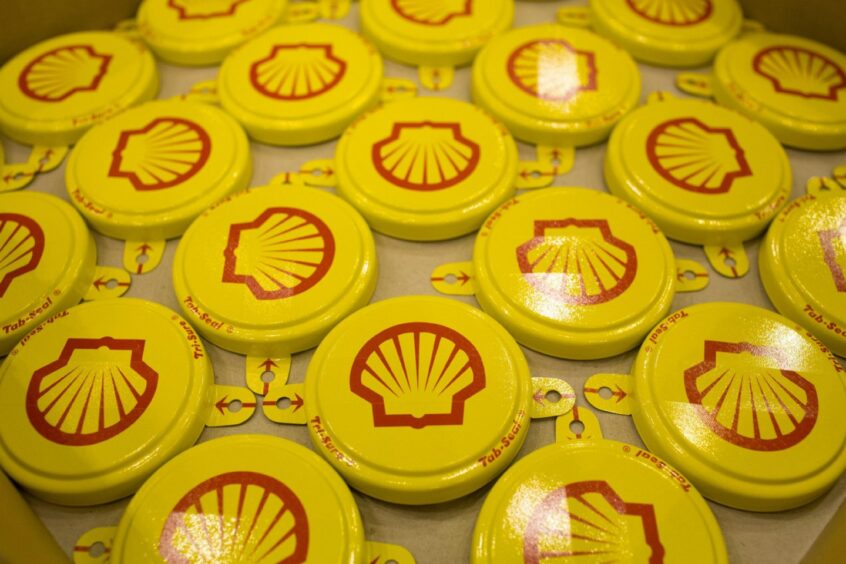
The Indonesian government is directing national oil company Pertamina to buy Shell’s (LON:SHEL) 35% equity in the proposed Abadi liquefied natural gas (LNG) project in the Masela Block offshore Indonesia that is led by Japan’s Inpex (TYO:1605).
The Masela development has long struggled to gain traction. Moreover, Shell’s divestment process has so far been unsuccessful, adding further uncertainty for the stalled project, which holds 360 billion cubic metres (cm) of gas in the Abadi field.
As a result, Indonesia’s President Joko Widodo, has instructed his government to explore options for state-owned enterprises, notably Pertamina, to buy Shell’s share of the project.
Development of the block is important for Indonesia as it seeks to significantly boost upstream gas production this decade. For Japan, the project is seen as increasingly more strategic following Russia’s invasion of Ukraine. Japan, as part of the G7, has taken a stand against Russia, which leaves Japanese interests in the Sakahalin-2 LNG export project at risk in Far East Russia.
In late July, Widodo, known locally as Jokowi, met Japanese Prime Minister Fumio Kishida at the Indonesian Embassy in Tokyo, where they discussed funding opportunities for the project, including from the Japan Bank for International Cooperation (JBIC) in a joint credit mechanism scheme.
Pertamina to Buy Shell’s Share of Masela?
On Wednesday, Dwi Soetijpto, the head of Indonesia’s upstream regulator SKK Migas, said the government is discussing what percentage of Shell’s 35% share of Masela that Pertamina can buy. Inpex, which operates the development, controls the remaining 65% stake.
Dwi said that Pertamina is reviewing the commercial details and expects to finish its study by September, reported local media. Previously, Dwi has encouraged Pertamina to take a 15% share in the project.
In recent years, Pertamina has taken over giant blocks, such as Mahakam and Rokan, which have stretched its resources. Indeed, Pertamina has not answered whether it has the capability to take on a significant share of Masela, noted Dwi, during a meeting at the Ministry of Energy and Mineral Resources (ESDM).
At the meeting, Energy Minister Arifin Tasrif said the government was designing financing instruments to support Pertamina’s participation in the proposed development.
Arifin added that aside from Indonesian oil and gas companies, firms from the US are also talking to Inpex about potential participation in the project.
As Energy Voice reported previously, Shell’s 35% stake in the Masela Block offshore Indonesia is valued at $800 million to $1 billion. But, despite the block’s proximity to Asian demand markets, it has proved tough to find buyers for one of the world’s largest undeveloped gas resources.
Inpex, Japan’s biggest oil and gas explorer said earlier this year that it hopes to start production at Masela in the early 2030s, if a final investment decision is taken in the second half of this decade.
Inpex said in August 2021 that it did not plan to take a final investment decision (FID) until around 2024-2025, two years later than previous guidance of 2022-2023.
Adding more complexity and cost to the project is the need to incorporate carbon capture and storage (CCS) or carbon capture utilisation and storage (CCUS).
The Abadi field is carbon dioxide (CO2) heavy. Adding CCS or CCUS will likely make the project even less commercially appealing that it already is. But the growing push towards decarbonisation, especially among Japanese companies, makes development of Abadi almost impossible without CCS.
However, shifting global geopolitics could see more impetus from Tokyo to kickstart development of Abadi if a buyer for Shell’s stake can be found.
Development of Abadi’s proposed 9.5 million tonne per year (mtpy) onshore liquefaction scheme will be technically challenging and was previosuly expected to cost around $18 billion to $20 billion before the idea of CCS was considered. The project includes a large FPSO unit capable of handling 51 million cm per day of gas and up to 36,000 barrels per day of condensate, as well as a deep-water trunk pipeline from the Abadi field to proposed liquefaction facilities on Yamdena in the remote Tanimbar Islands.
Ironically, the project could have been well advanced by now, perhaps even producing, if Indonesian President Joko Widodo had not vetoed the previously proposed – and potentially cheaper – floating LNG (FLNG) concept in 2016. The project had been approved by the Energy and Minerals Resources Ministry, as well as upstream regulator SKK Migas. At that time, Inpex and Shell estimated the FLNG option would cost around $14 billion.
